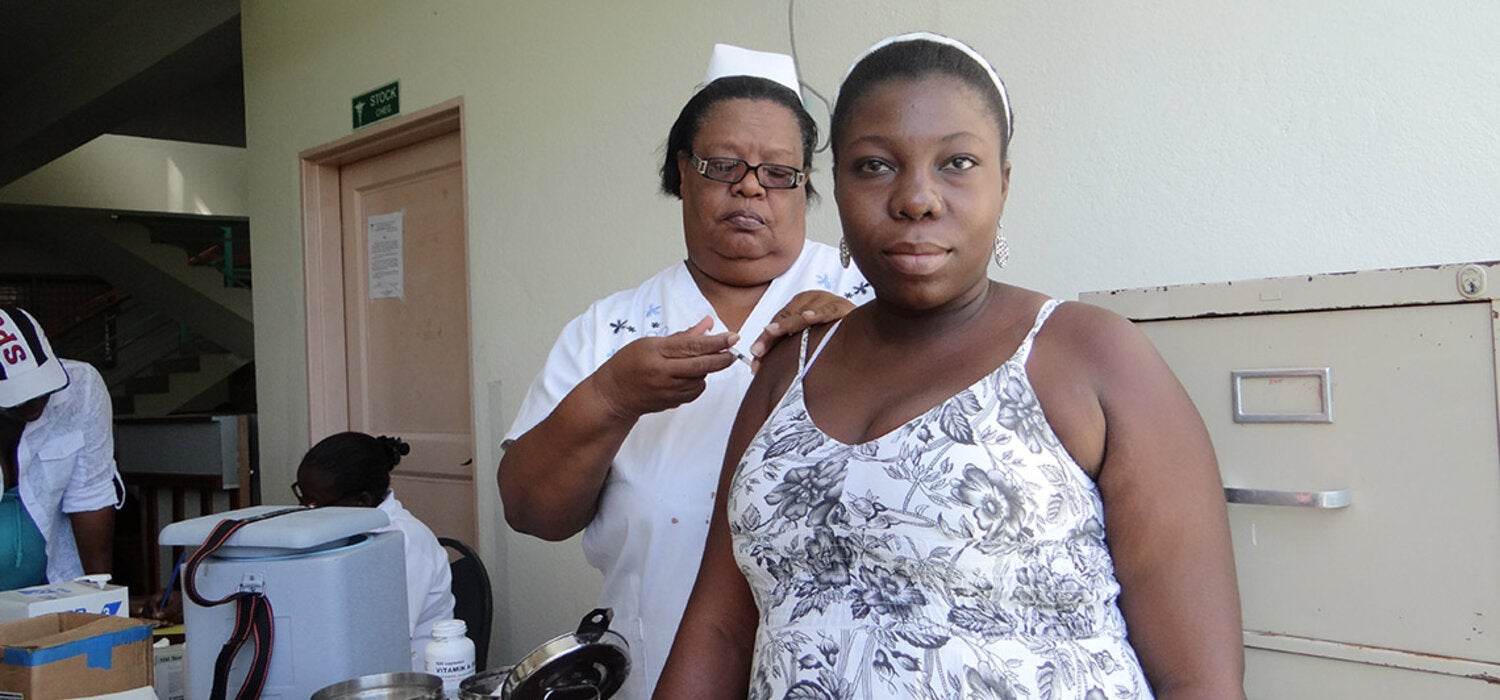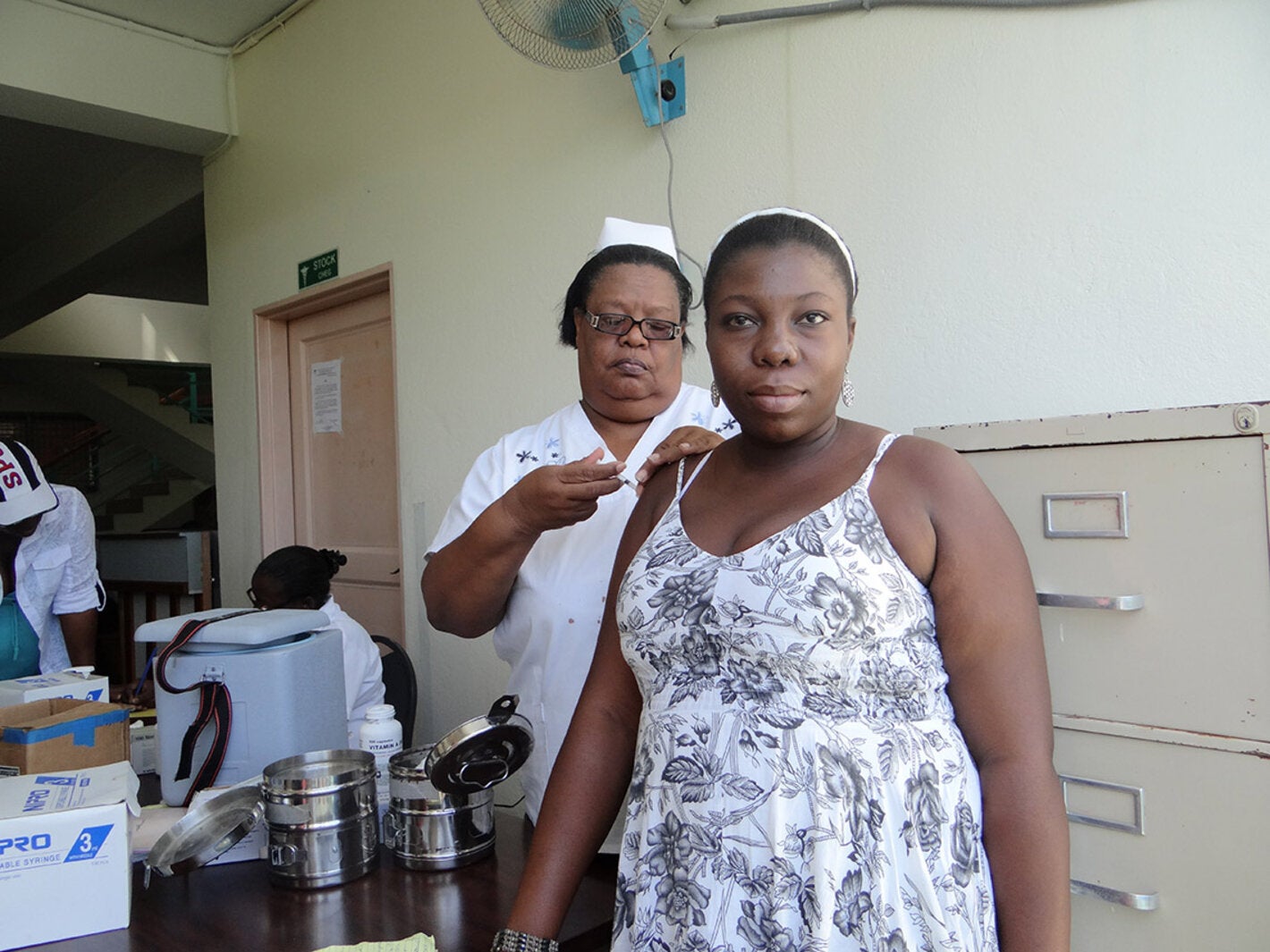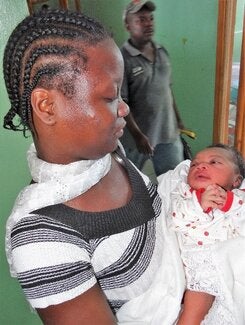“The death of a child is a truly dramatic situation. It is a tragedy for the family and above all for the mother who carried that child for nine months and hoped that he or she would grow up and one day become someone on whom she could rely in her old age. You feel the pain of a child’s death,” says epidemiologist Robert Barrais, who has been Chief of the Epidemiological Surveillance Service of the Ministry of Public Health and Population (MSPP) since April 2010.
Approximately 264,000 children are born each year in Haiti. According to a 2014 statistical report, 40 % of births take place in a health institution; in rural areas most births still occur at home, and in urban areas the situation is not much different due to economic barriers. One of the risks associated with home birth, performed by untrained individuals and under unsanitary conditions, is infection of the newborn from the introduction of Clostridium tetani through the umbilical stump.
Despite the socio-environmental conditions and certain cultural practices, the Ministry of Public Health and Population (MSPP), with technical support from PAHO/WHO and UNICEF, made significant progress in preventing this disease. As a result, the Pan American Health Organization (PAHO) declared the elimination of neonatal tetanus in the country in 2017.
With a rate of less than 1 case per 1,000 live births, neonatal tetanus ceased to be a public health problem. The various divisions of the MSPP (Vaccination, Health Promotion, Women’s Health, and Epidemiology) helped bring about this significant national achievement.



